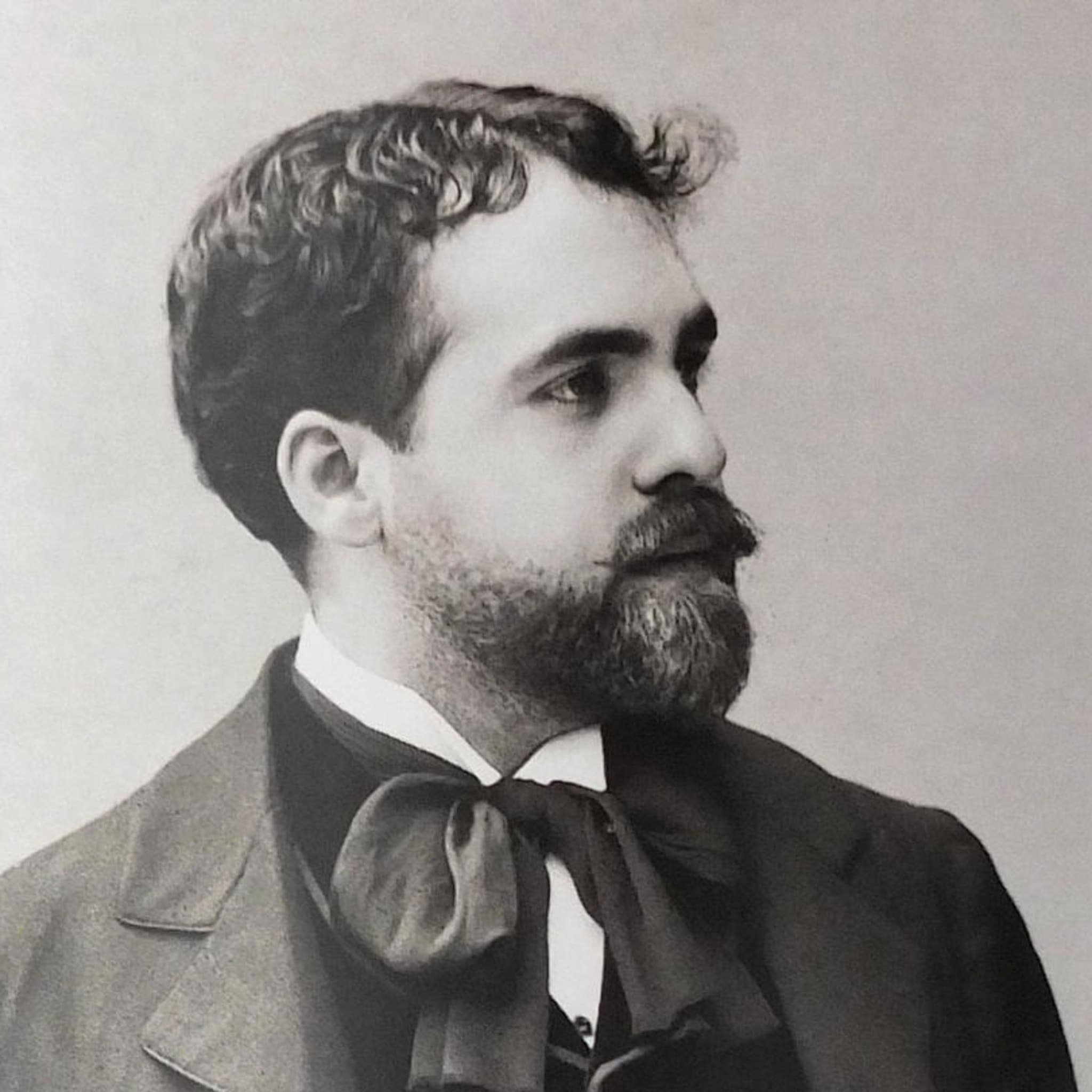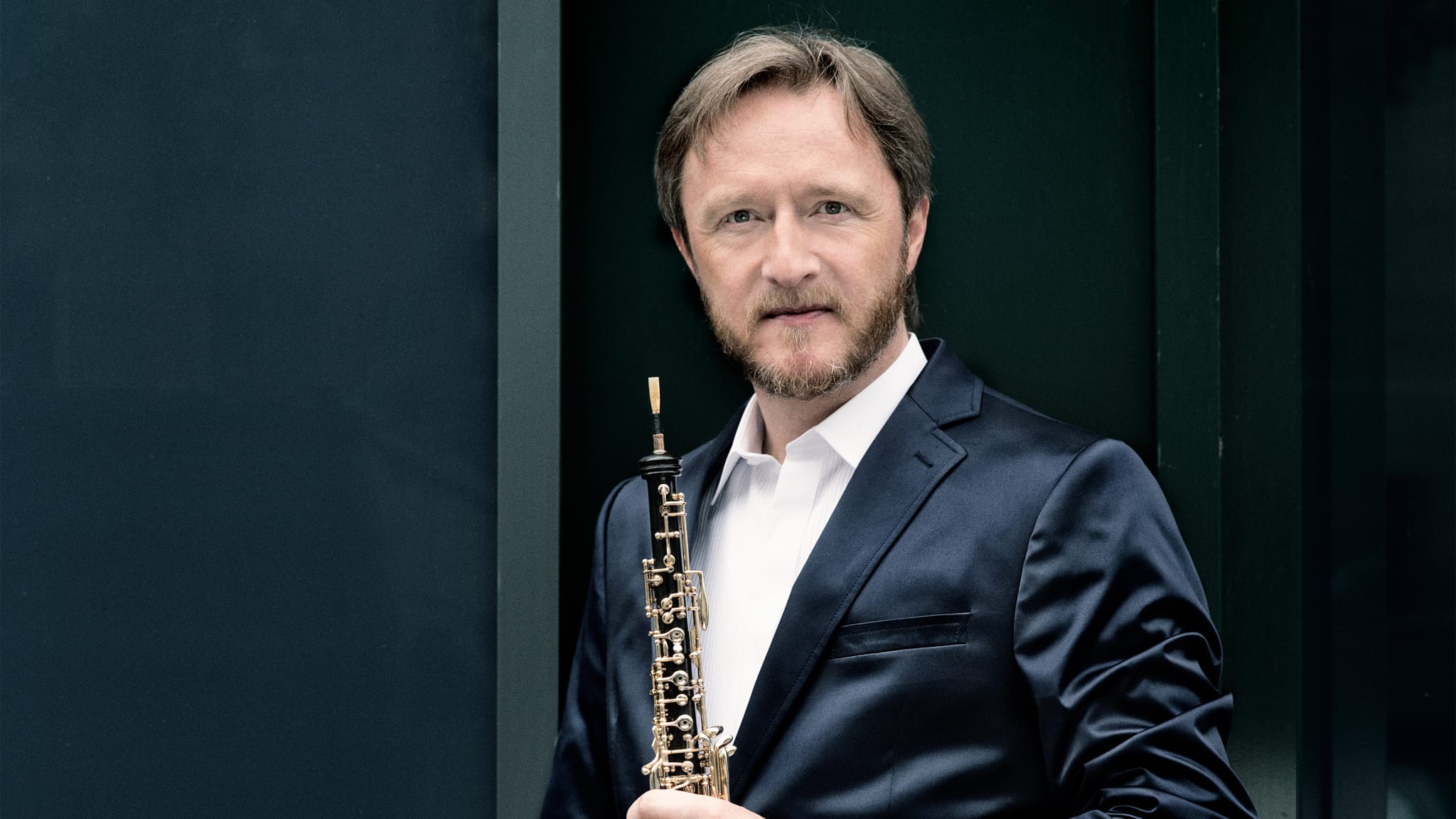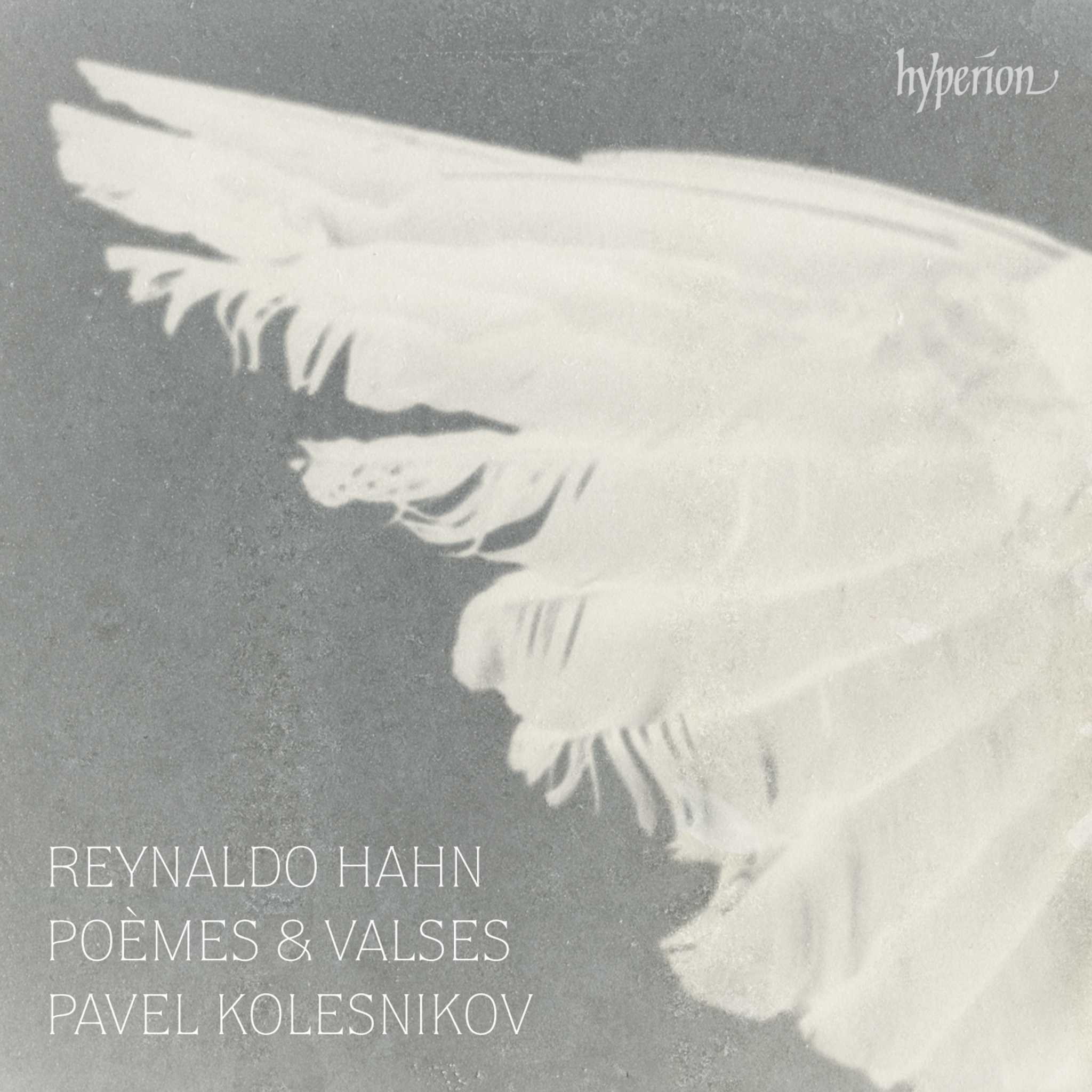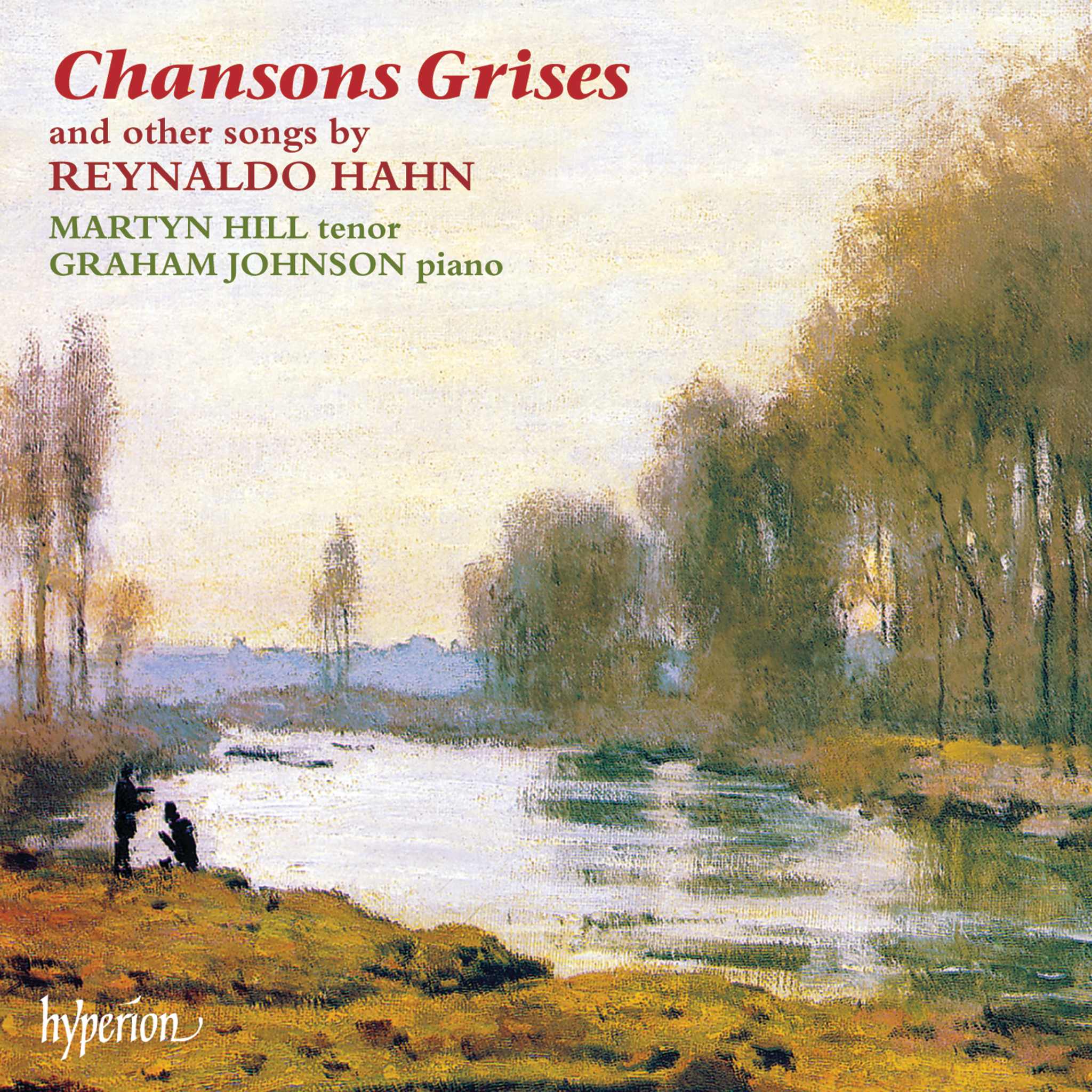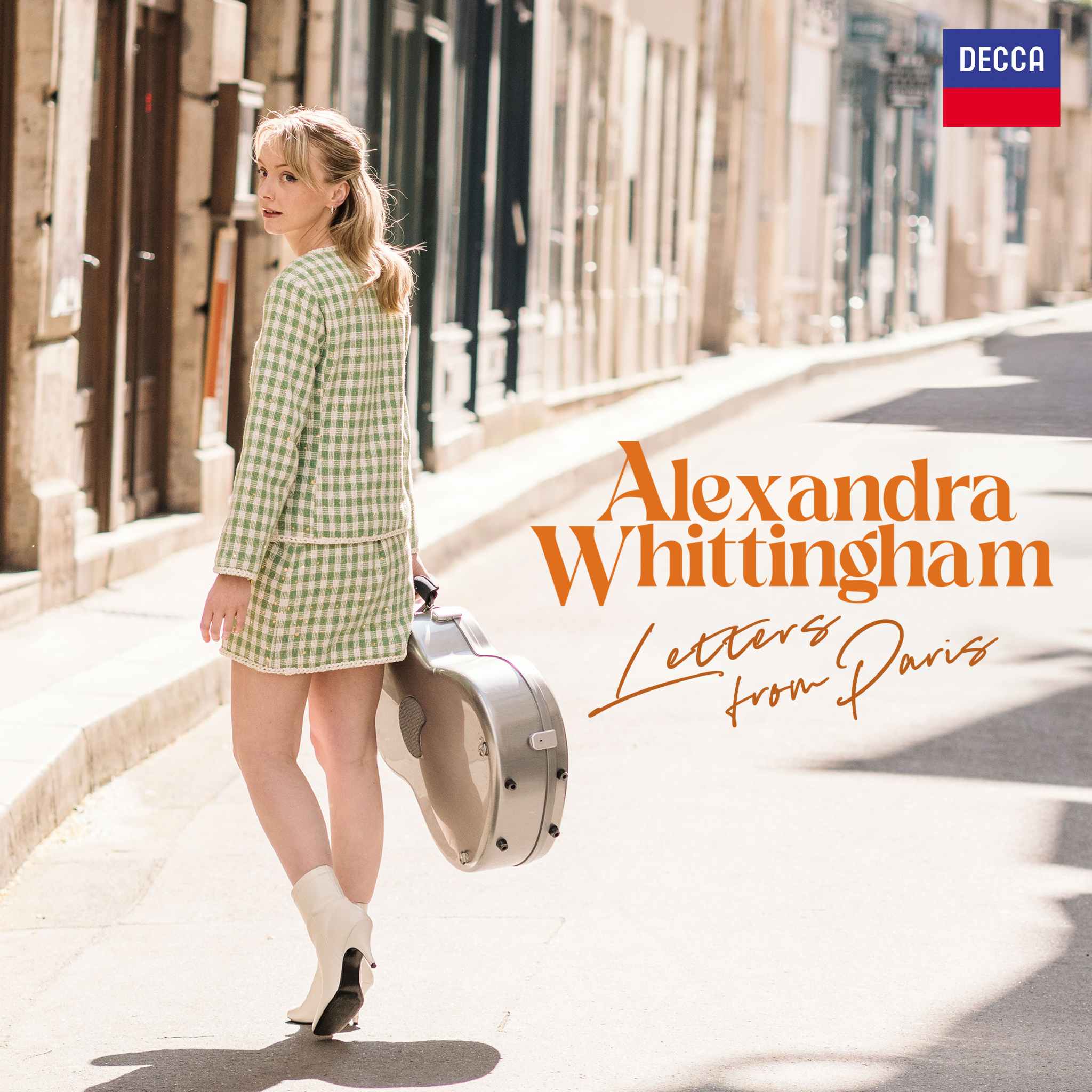Exploring the Alluring Works of Reynaldo Hahn
Celebrated for his graceful and sophisticated compositions, Reynaldo Hahn's work embodies the cosmopolitan glamour of belle-époque Paris. Born in Caracas, Venezuela to a German-Jewish father and a Venezuelan mother of Spanish/Basque Catholic descent, Hahn moved to France in his infancy, igniting a lifelong love affair with French music and culture.
The Graceful Fusion of Sophistication and Sensuality in Reynaldo Hahn’s Music
Entering the Paris Conservatoire at eleven, his first public success came as a song composer at a tender age of 14. He soon became a part of Paris' illustrious cultural network, befriending poet Paul Verlaine, symbolist Stephane Mallarme, and his teacher, the famed composer Jules Massenet. Marcel Proust, the eminent novelist, held a special place in Hahn's life, becoming his lover and confidant.
Hahn's debut stage work was premiered when he was just nineteen, marking the start of a remarkable career. His repertoire ranged from the ballet "Le bal de Béatrice d'Este" (1905) to the melodious operettas "Ciboulette" (1923), "Mozart" (1925), and "O mon bel inconnu" (1933). These remarkable works, though once seen as period pieces, have recently seen a revival in the 21st century.
Reynaldo Hahn: Cosmopolitan Master of French Song
Moreover, Hahn's extensive body of solo piano and chamber music, coupled with his mélodies (over 100 in total), have long belonged to the cherished French repertoire. These much-beloved works are celebrated for their poetic refinement, sensitivity to mood, and Hahn's unique melodic style.
A Prolific and Stylish Composer
Hahn's first major success, "Si mes vers avaient des ailes" (If my verses had wings), was written at age 14 and remains a staple of the French song repertoire. His instrumental output is equally notable, with works such as the Violin Sonata (1926), recognized for its innovative single-themed first movement and its lively scherzo, and the Piano Quintet (1922), which reflects the influence of César Franck and is admired for its expressive power.
Legacy and Rediscovery
Once considered period pieces, Hahn's works have seen a resurgence in the 21st century. Discover the allure of Reynaldo Hahn's music on STAGE+.
